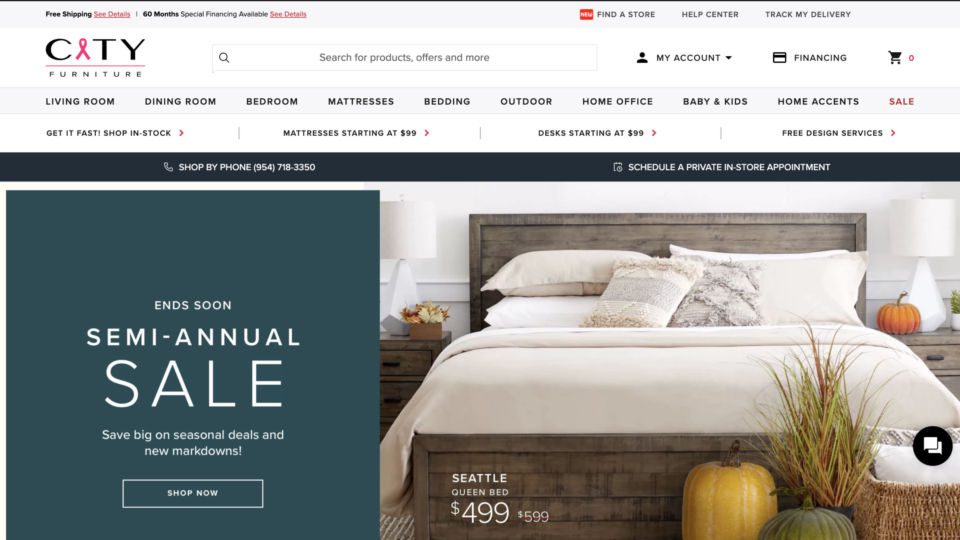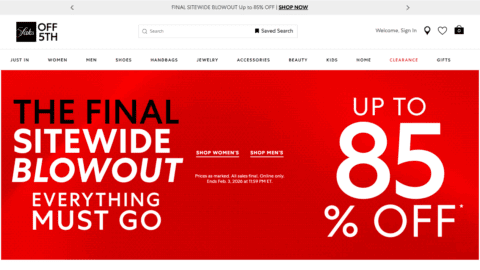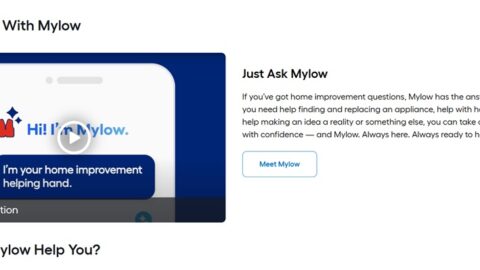With the COVID-19 pandemic escalating the adoption of online shopping across all categories, the home goods sector in particular has seen a notable spike in ecommerce. Even as stores begin to slowly reopen, ecommerce demand remains elevated. To take its online presence to the next level and meet shoppers’ needs in the virtual world, CITY Furniture overhauled its ecommerce approach by building its own headless platform, designed to integrate with modular partner solutions as needed.
The home furnishing and accent retailer, which operates 20 showrooms and 13 Ashley Home Store showroom licenses in Florida, partnered with cloud commerce provider Kibo, which offered a flexible ecommerce technology that would allow CITY Furniture to develop and support highly customized customer journeys and a fluid shopping-cart experience.
“Our ecommerce solution needed to be different from a typical retailer, and we needed the ability to customize quickly, deeply and at scale, while maintaining industry-leading performance,” said Juan Lopez, Director of Software Product Development at City Furniture in an interview with Retail TouchPoints.
The ecommerce upgrade has provided CITY Furniture with several benefits:
- Mobile and desktop shoppers each get unique experiences;
- New revenue-driving features such as virtual appointments will become part of the retailer’s ongoing ecommerce strategy; and
- Personalization tools are providing more customized product results and recommendations to shoppers.
Mobile and Social Growth Motivated Online Upgrades
Overall, mobile accounts for the majority of CITY Furniture’s traffic now, and the retailer is able to offer entirely different experiences to its mobile and desktop customers while still leveraging the same backend services, thanks to the headless microservices architecture approach. Social shopping also has been a major source of traffic for the brand, and has increased significantly year-over-year.
While its stores were closed, CITY Furniture added new functionality to its website, including virtual appointments, private in-store appointments and an entirely online sales team driving business through chat and phone. The retailer plans to keep these new features as part of the online experience: “They have proven to be significant revenue drivers, so those new strategies will continue to expand moving forward,” said Lopez.
CITY Furniture also expects to experiment more by leveraging Kibo personalization tools. Currently, the retailer uses Monetate, which Kibo acquired last year, as its A/B testing and personalization tool. “It will be interesting to see what synergies come of it, and it is encouraging to see that is the direction they are going in,” said Lopez. The Monetate tools provide geotargeted content experiences, and its Site Search API (UNBXD) also provides an element of personalization for product results and recommendations, based on a user’s behavior and interactions on the website.
Adapting Ecommerce for Furniture’s Extended Shopper Journeys
“The furniture industry has a lot of unique needs and more purchase flows than a traditional apparel retailer,” Lopez explained. “For example, this industry has very large order values, a longer customer journey and very different fulfillment methods. We need the flexibility to create very unique customer experiences, because furniture customers don’t typically make the same type of small impulse purchases seen elsewhere. All of this made us want to move away from the traditional, monolithic platform approach.”
With high-value products sourced from well-known furniture and home brands, CITY Furniture needs to design its product pages, marketing content and promotions while adhering to a broad set of parameters. Brand partners have complex requirements across discounts, coupons and gift card offers, which must be correctly accounted for without slowing down or confusing the customer journey.
Similarly, shopping online for high-priced items means that financing and payment can become confusing if not executed well. The Kibo platform allows the CITY Furniture team to create the exact experience and messaging they need to at every step of the buyer journey, from product discovery to promotions and checkout.
“Their platform provides a framework for promotion rules and coupon codes that we can also extend to suit our needs,” Lopez told Retail TouchPoints. “One example would be a special promo where we offer a free mattress with the purchase of a kids’ bedroom set. It’s a ‘bundled product’ type of promotion, but has many nuances. We’re currently working on building and testing this promo within Kibo.”
The platform’s flexibility allows the retailer’s UX/UI team to push the envelope in creating a smooth digital customer journey. This approach allows CITY Furniture to build any front-end experience within its custom React App, and then tie it into Kibo on the back end, Lopez explained. “Without these capabilities, it would be much more difficult to build the fluid experiences that our design team comes up with,” he added.
CITY Furniture also partnered with DotCMS for its headless content management system; UNBXD to power its site search and product recommendations with elements of personalization by using APIs; and Productsup, a Feed Management Platform for product data syndication.













